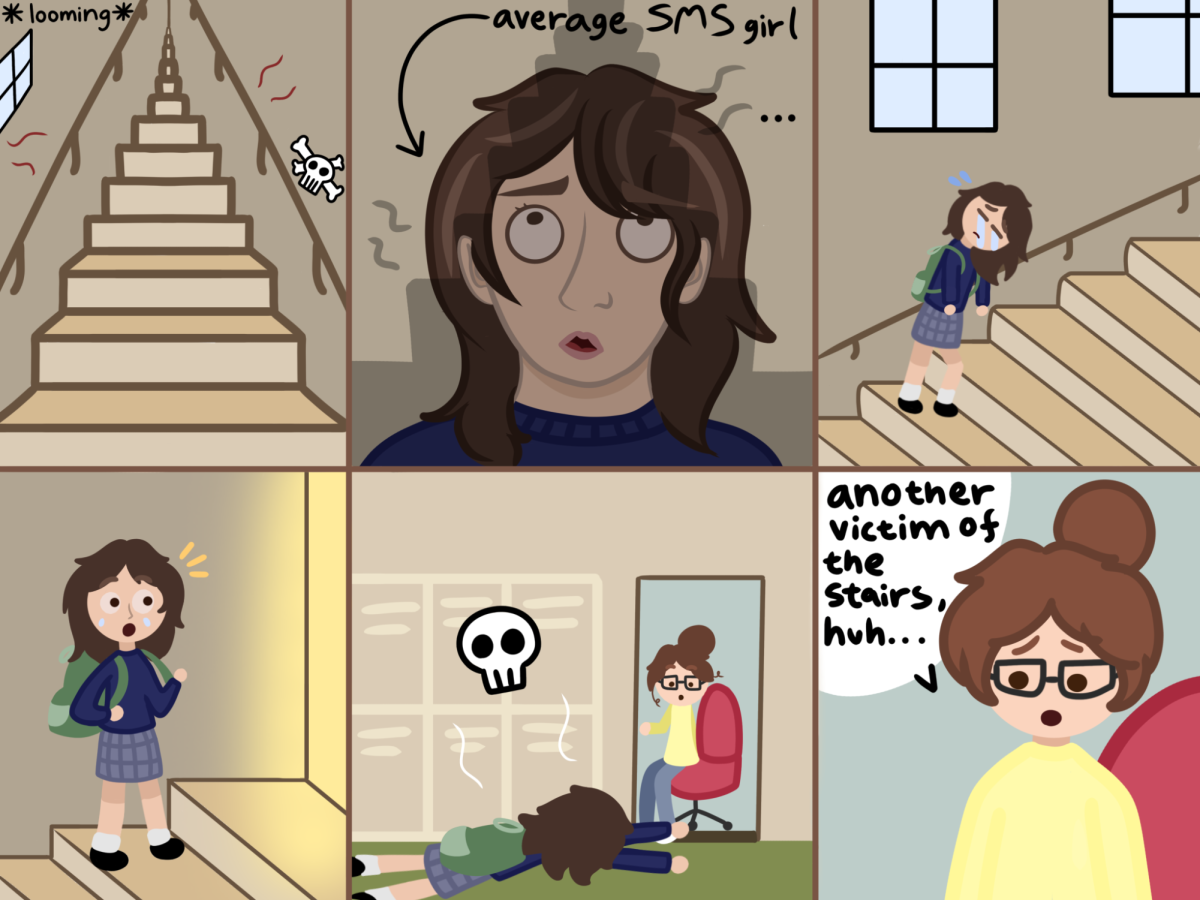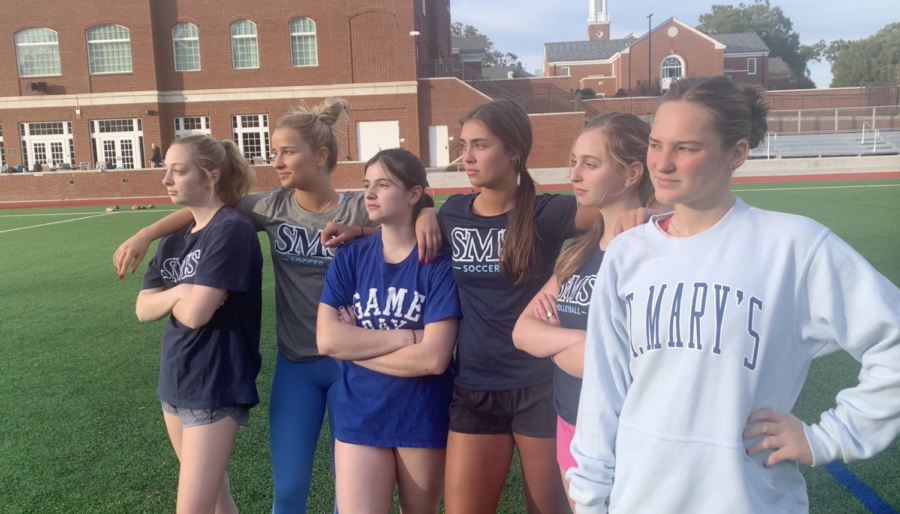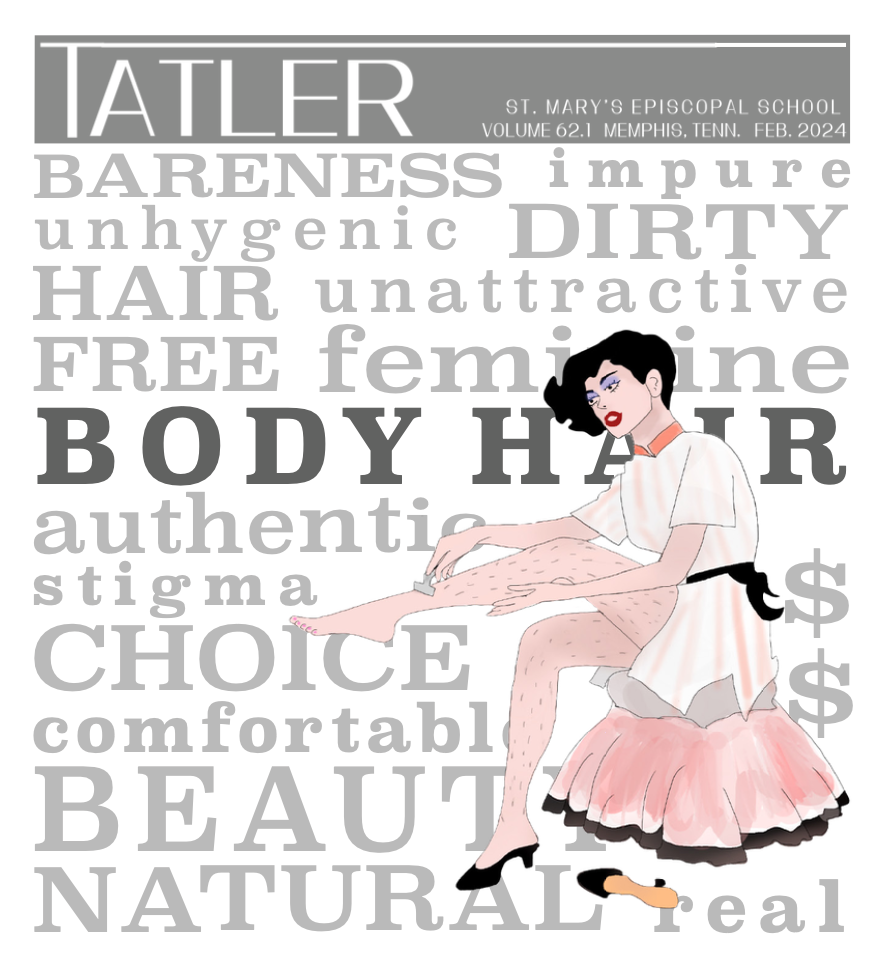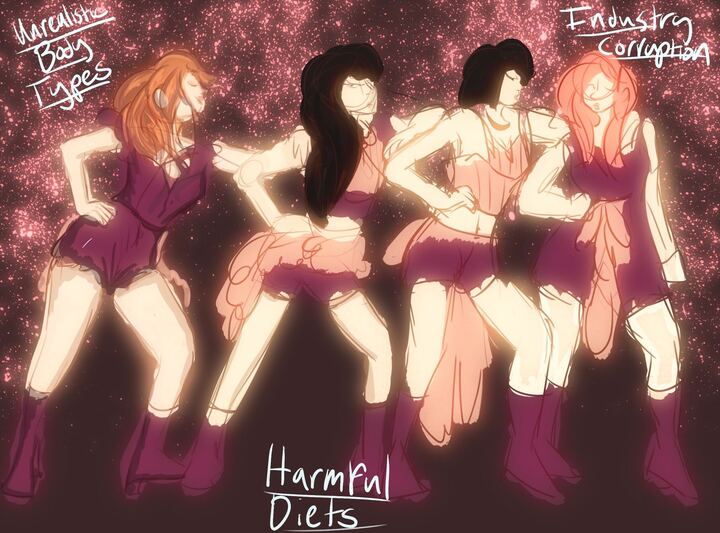OPINION
It’s no secret that K-pop has changed the entire music industry. BTS’s “Butter” became the most viewed YouTube video in 24 hours in 2021, and more recently, the “it” group NewJeans broke the record for being the fastest K-pop group to get 1 billion streams on Spotify this year.
K-pop is Korean pop music that features “idols,” or trained singers and dancers, who either perform as part of a group or as a soloist. What differentiates K-pop from other music genres is the role the industry plays in the idols’ promotion.
K-pop offers escapism and community that unites people across the globe. For better or for worse, K-pop celebrities are role models for their fans.
However, we should all be concerned about the extreme lengths idols go to be accepted in their society.
The high beauty standards idols conform to in order to be favored in their society is regularly pointed out by K-pop fans. Just a glance at a picture of an idol, like Jang Wonyoung (장원영) or Kim Jennie (김제니), reveals strict adherence to “Korean beauty standards”: a slim figure, a small v-shaped face, symmetrical facial features, big eyes, fair skin and double eyelids, which are arc-shaped creases between the eyelashes and eyebrows.
How can one person have all of these features?
The truth is, most people can’t. At least, not without help.
Plastic surgery is a very common response to the beauty standards of Korea. In fact, Korea is known as the plastic surgery capital of the world. At least one-third of Korean women between the ages 19 to 29 have had it. Ashley Choi, a member of the former group Ladies’ Code, said in a podcast with two other former idols that her company repeatedly pointed out what she needed to fix with plastic surgery, which eventually pressured her to get multiple procedures.
Some idols have reported that they were forced by their company to go on rigid diets to lose weight.
IU (아이유), a talented idol and actress wanted to lose the weight she had gained while filming a drama, so she went on a diet for five days that consisted of one apple for breakfast, two sweet potatoes for lunch and a protein shake for dinner, without making any changes to her strict schedule.
TWICE’s Momo (모모) says she was pressured into following a strict diet that restricted even water intake.
These standards for K-pop idols are so harmful to young audiences because we just see the idol. We don’t necessarily take into account what they go through to look the way they do.
I know I was blind to the harsh realities of the K-pop industry.
When I first got into K-pop at 12 years old, I was only a fan of BLACKPINK, the most popular female K-pop group. From the very first music video, I thought the four members were flawless. I believed that everything about them was undeniably real and perfect, and I wanted to be just like them.
When I discovered other K-pop groups in the summer before 8th grade, the beauty standards started to affect me in negative ways. Like many other teenagers, I struggled and still struggle with body image, but K-pop made this struggle much worse.
I put my life on hold so I could achieve the perfection I believed idols embodied from what I saw online.
I still keep up with some groups today, but instead of obsessing over idols’ appearances, I enjoy learning about their skills and listening to their music.
Young K-pop fans should be more aware of what we are consuming.
Block or scroll past anything that is triggering or that promotes unhealthy behaviors or standards.
Understand that idols have gone through many years of training to have their skills and many strict diet regimens and plastic surgery procedures to have their appearances.
Most beauty standards are unrealistic, unattainable and downright unhealthy, and none of us should waste our time trying to fit into a society’s expectations.


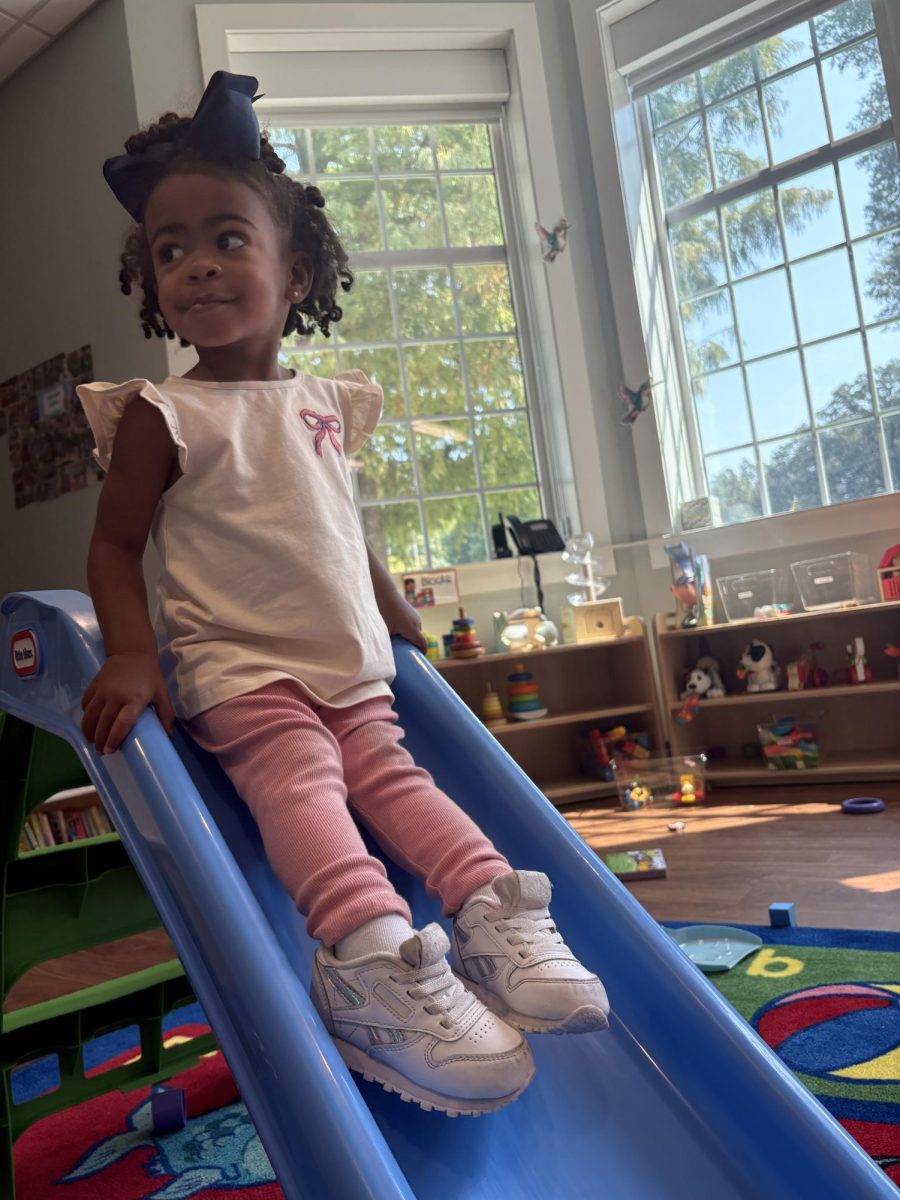
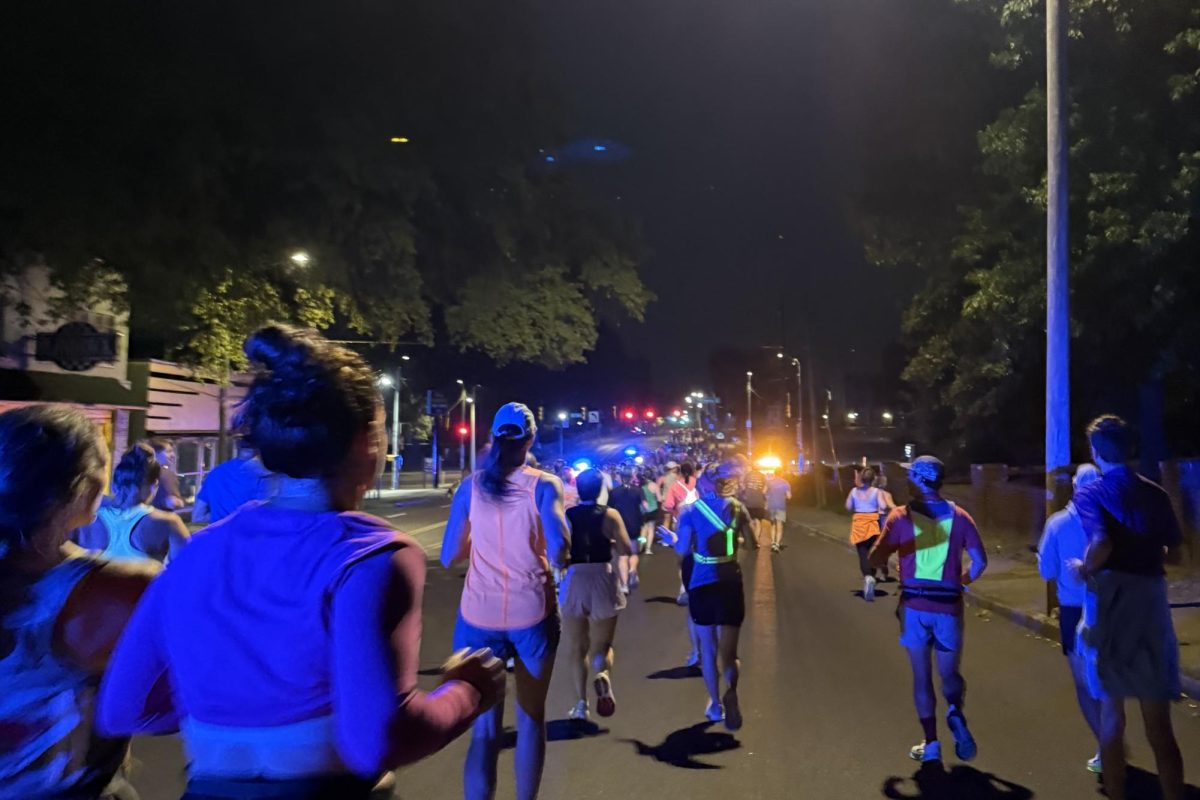

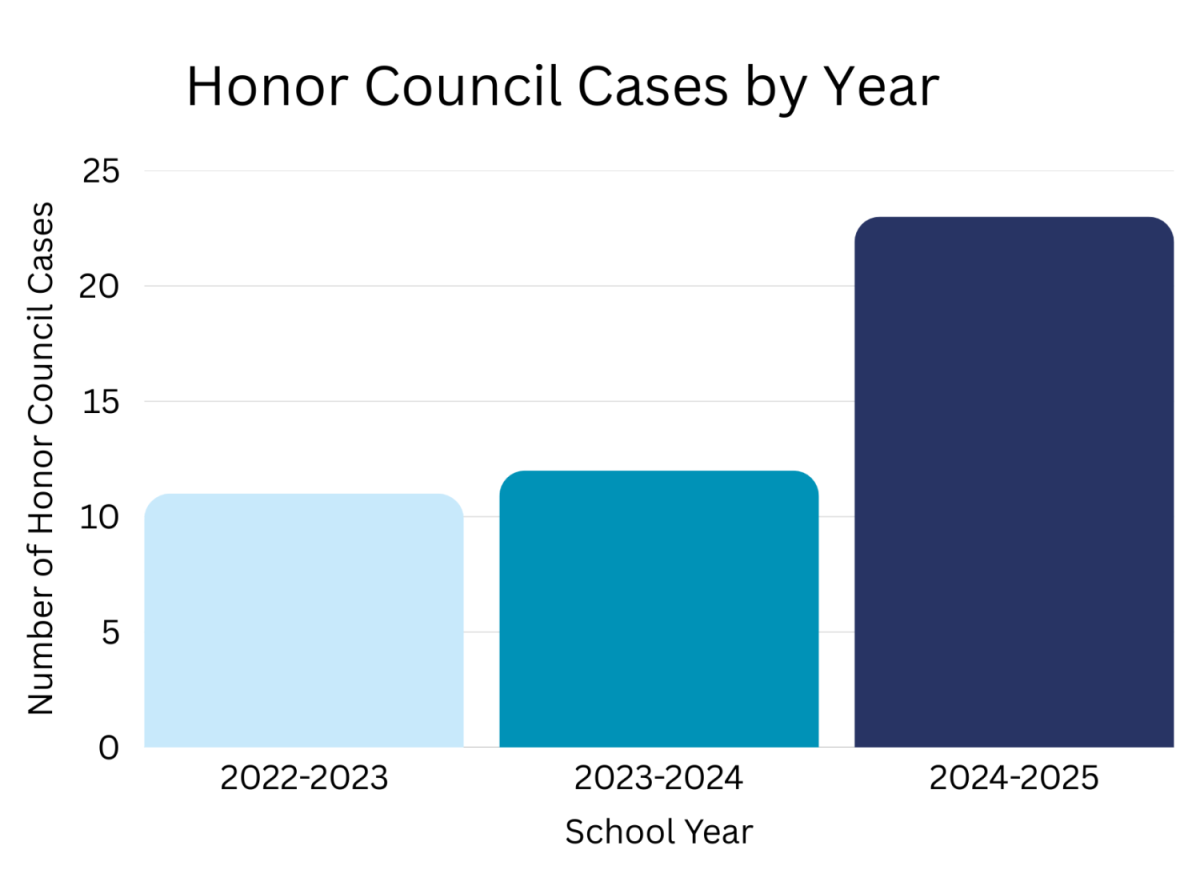






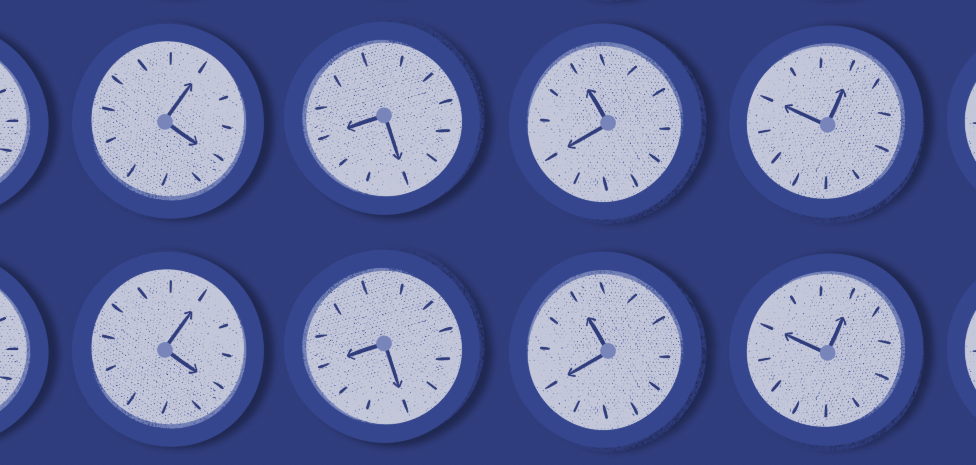





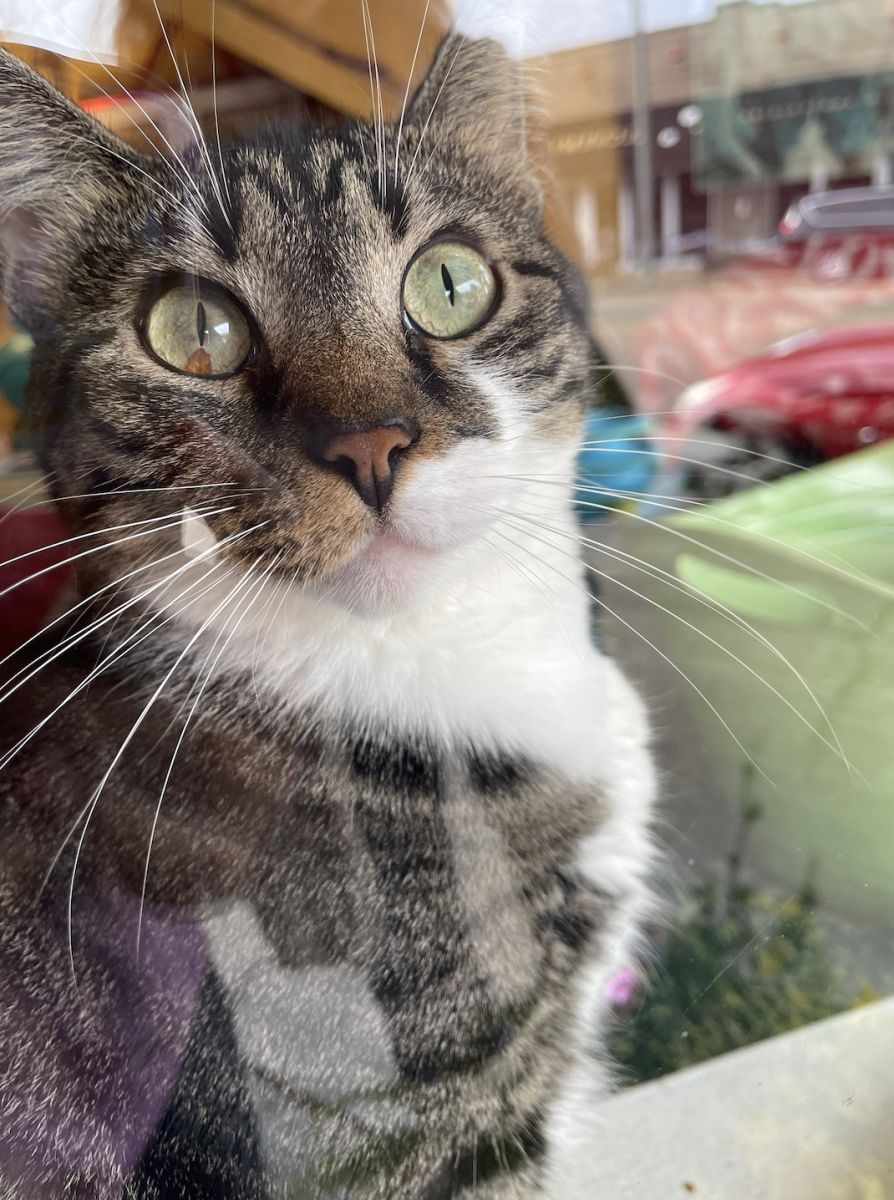






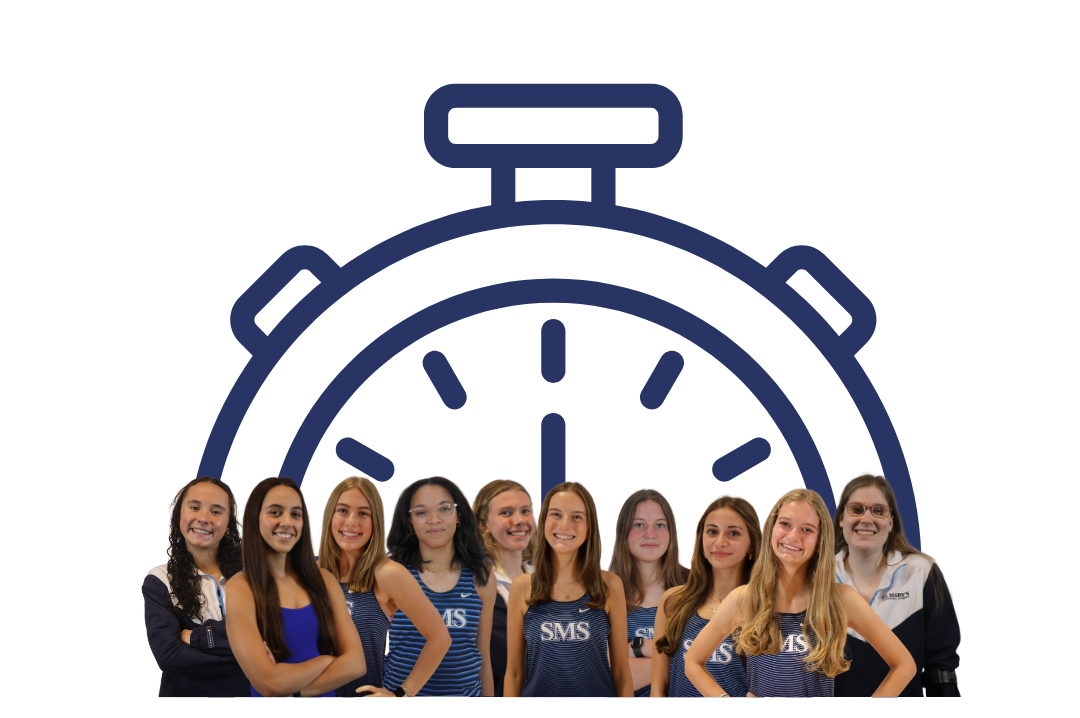
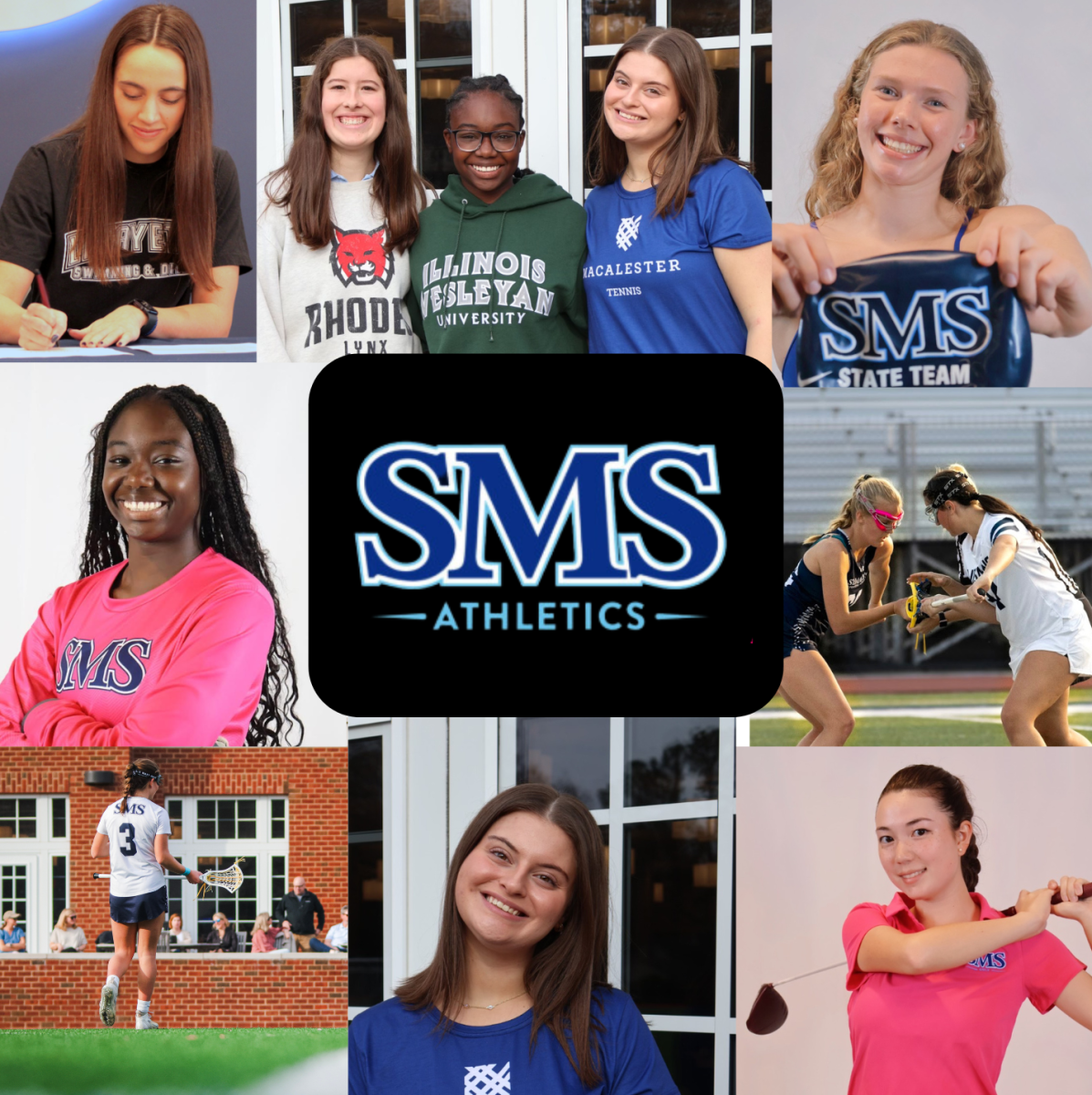




![[GALLERY] Walking in (Downtown) Memphis](https://stmarystatler.org/wp-content/uploads/2024/04/E1DAD3FE-E2CE-486F-8D1D-33D687B1613F_1_105_c.jpeg)
